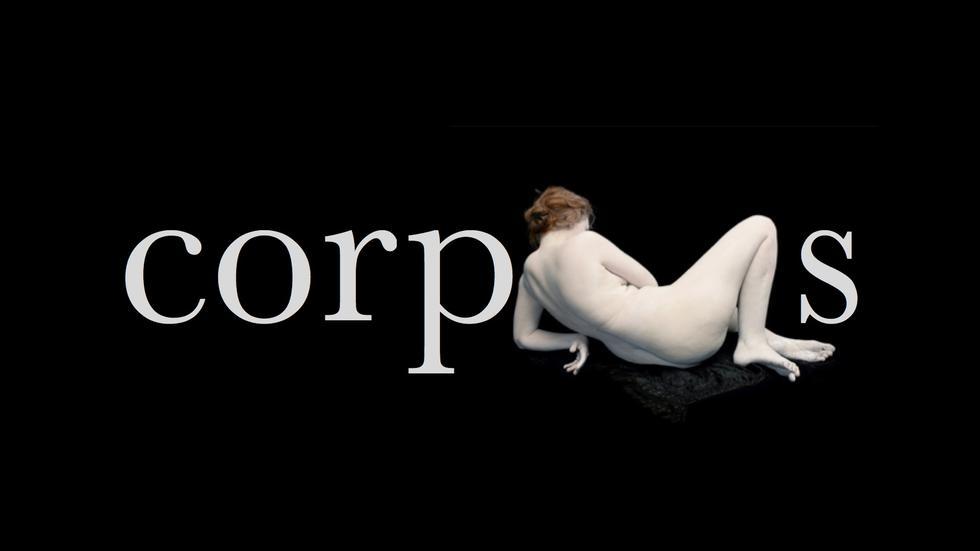
Harvard University's Second Annual Graduate Student Conference in French and Francophone Studies
Lamont Library Forum Room, January 28, 2017
Keynote Speaker: Irit Kleiman
Beyond the contested notion of the literary canon as an object of study, we as scholars have a marked tendency to treat literary collections as a corpus, as a composite collectivity of works that seems to stand on its own. Surgeons, we traditionally slice ‘bodies of literature’ into periods, movements, dialects, and other various classifications. What gives rise to this stubborn drive to assimilate literature to the human body? And when literature itself addresses the human body as a theme, how does this usage change? By considering the idea of the corporeal within literature in its diverse forms (sexual identity, performativity, text and its various tissues or textiles, the abject, questions of affect, violence, etc…) as well as the connection between the intellectual and corporeal, one might sound out a deeper and more comprehensive understanding of this proclivity on the surface (and at the heart) of our discipline.
Au-delà de la notion contestée de canon littéraire, on a tendance à désigner le recueil littéraire comme un corp(u)s, comme une collection composite d'œuvres. Chirurgiens, on découpe traditionnellement le corpus littéraire en périodes, en mouvements, en dialectes, en d’autres classifications variées... D'où vient cette obstination à assimiler la littérature au corps humain ? Et quand la littérature elle-même traite la thématique du corps, comment cette pratique change-t-elle ? En considérant l'idée du corporel dans la littérature sous diverses formes (l'identité sexuelle, la performativité, le texte et le tissu, l'abject, les affects, la violence, etc...) ainsi que le rapport entre l’intellectuel et le corporel, on pourrait toucher à une meilleure compréhension de cette tendance au seuil (et au sein) de notre discipline.
